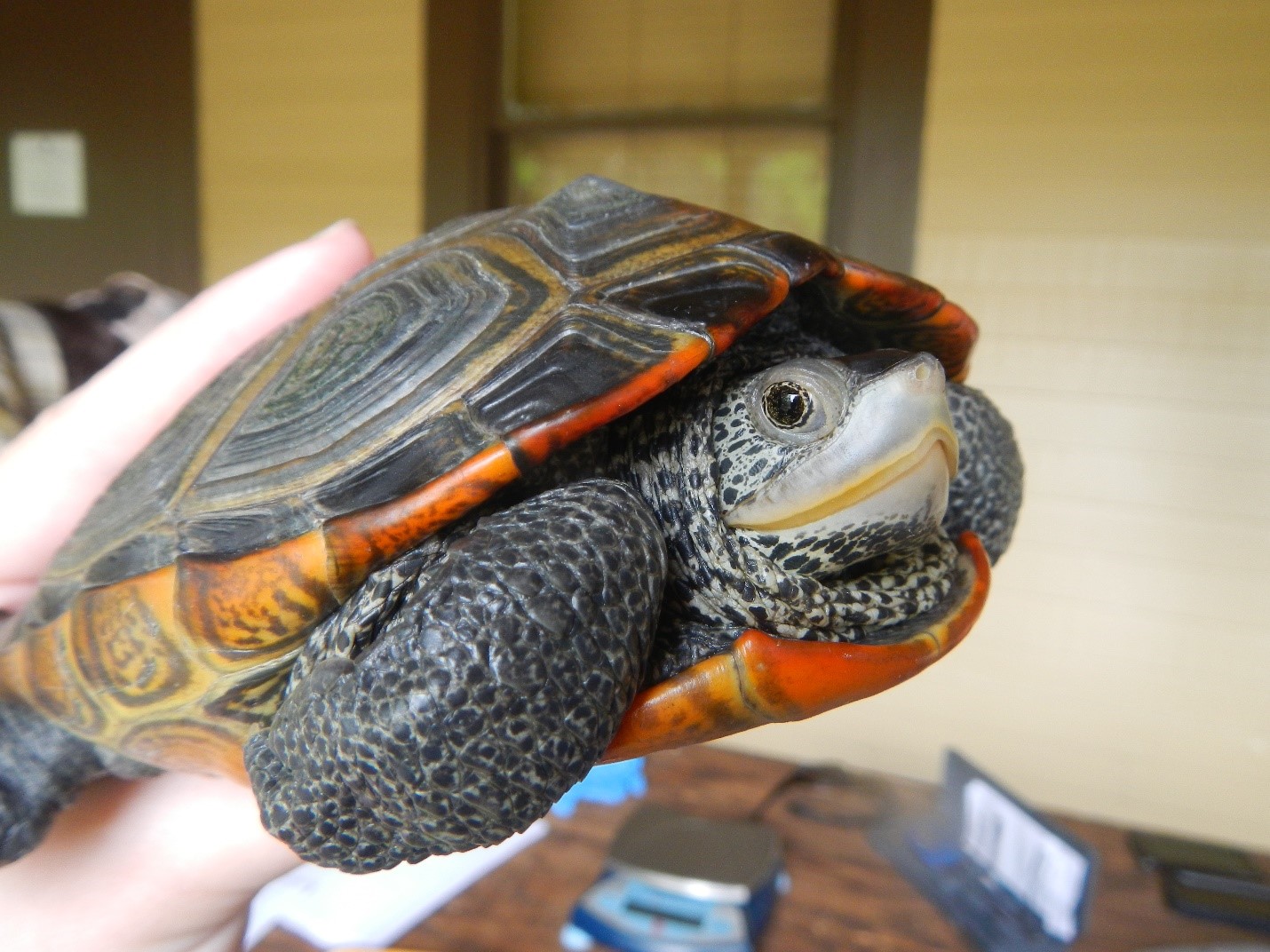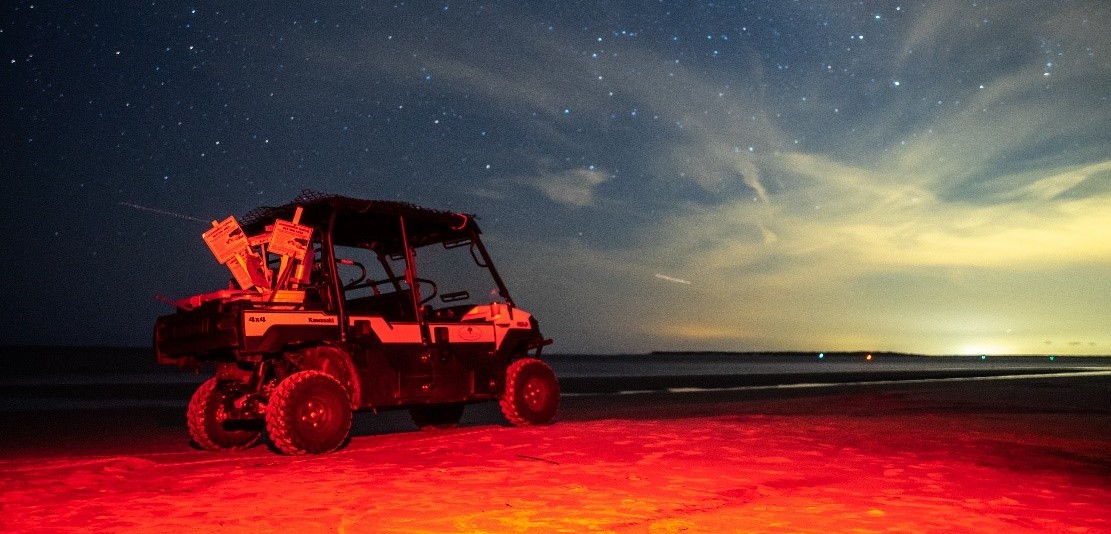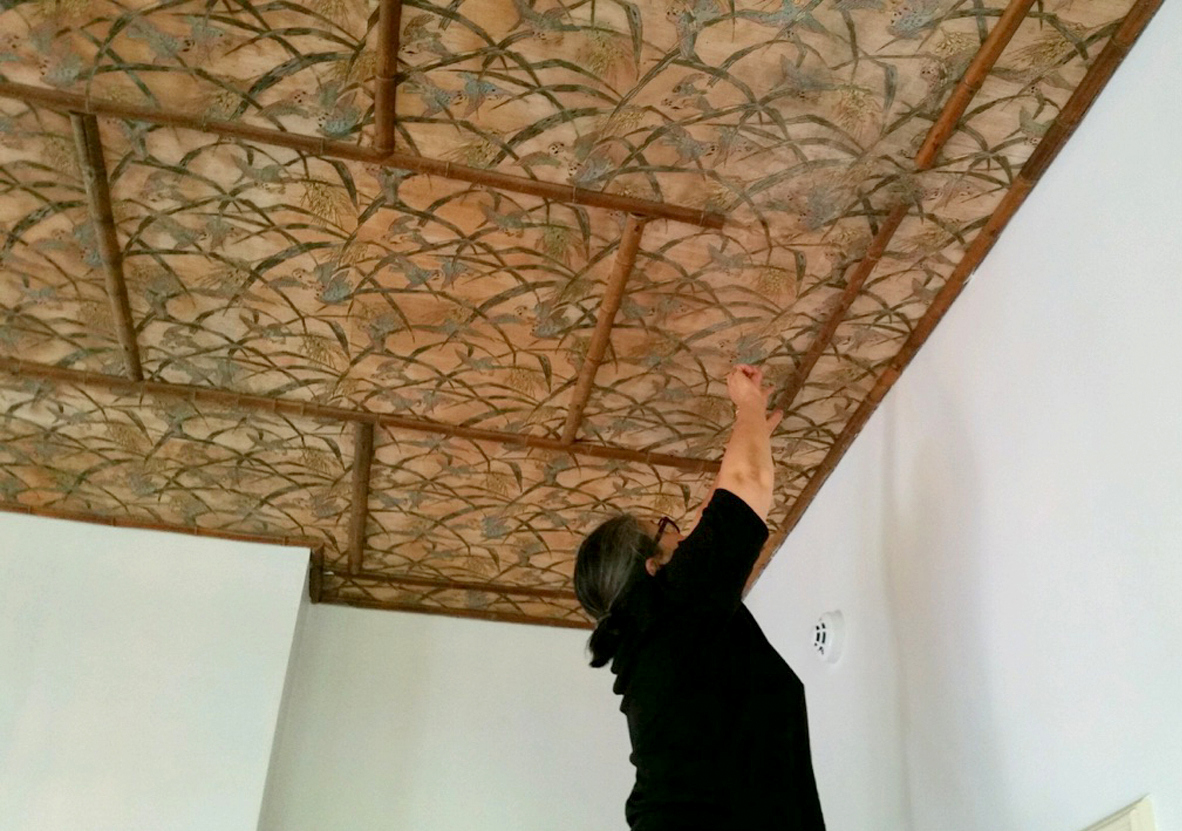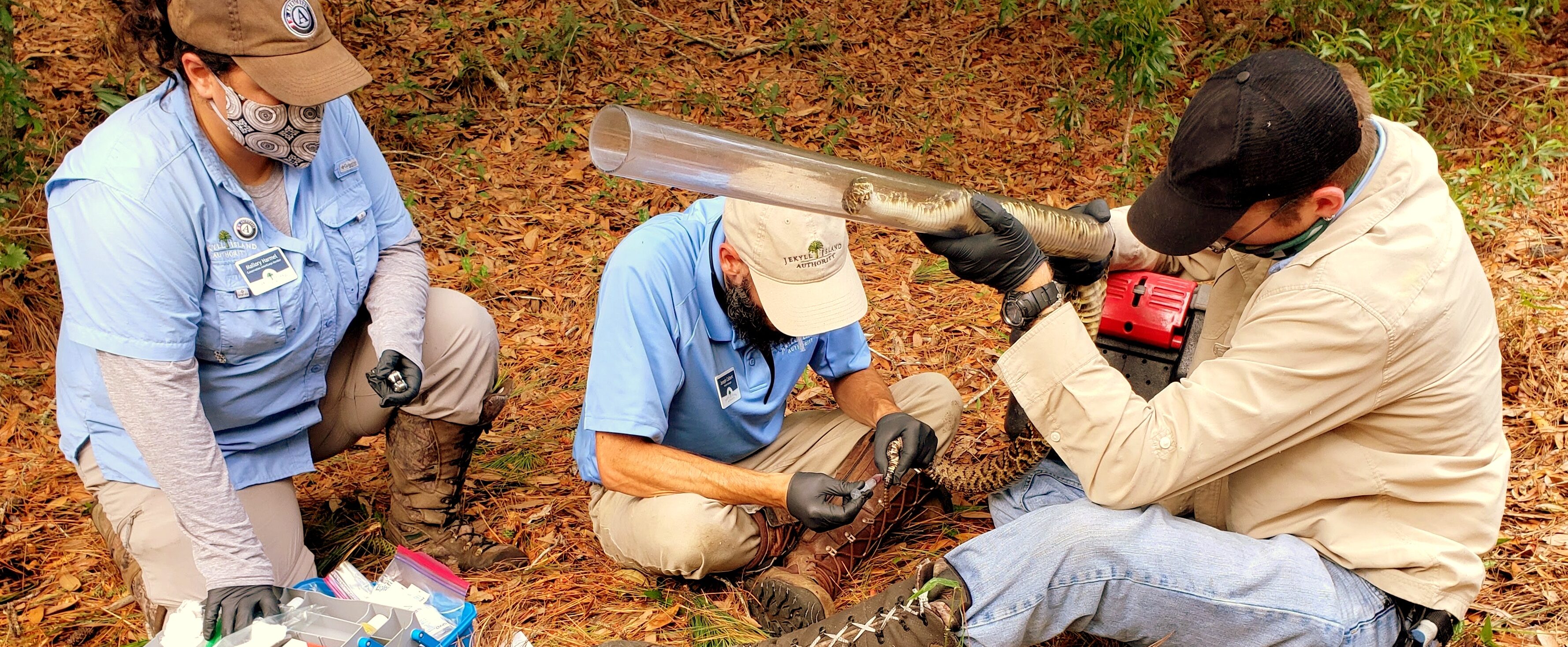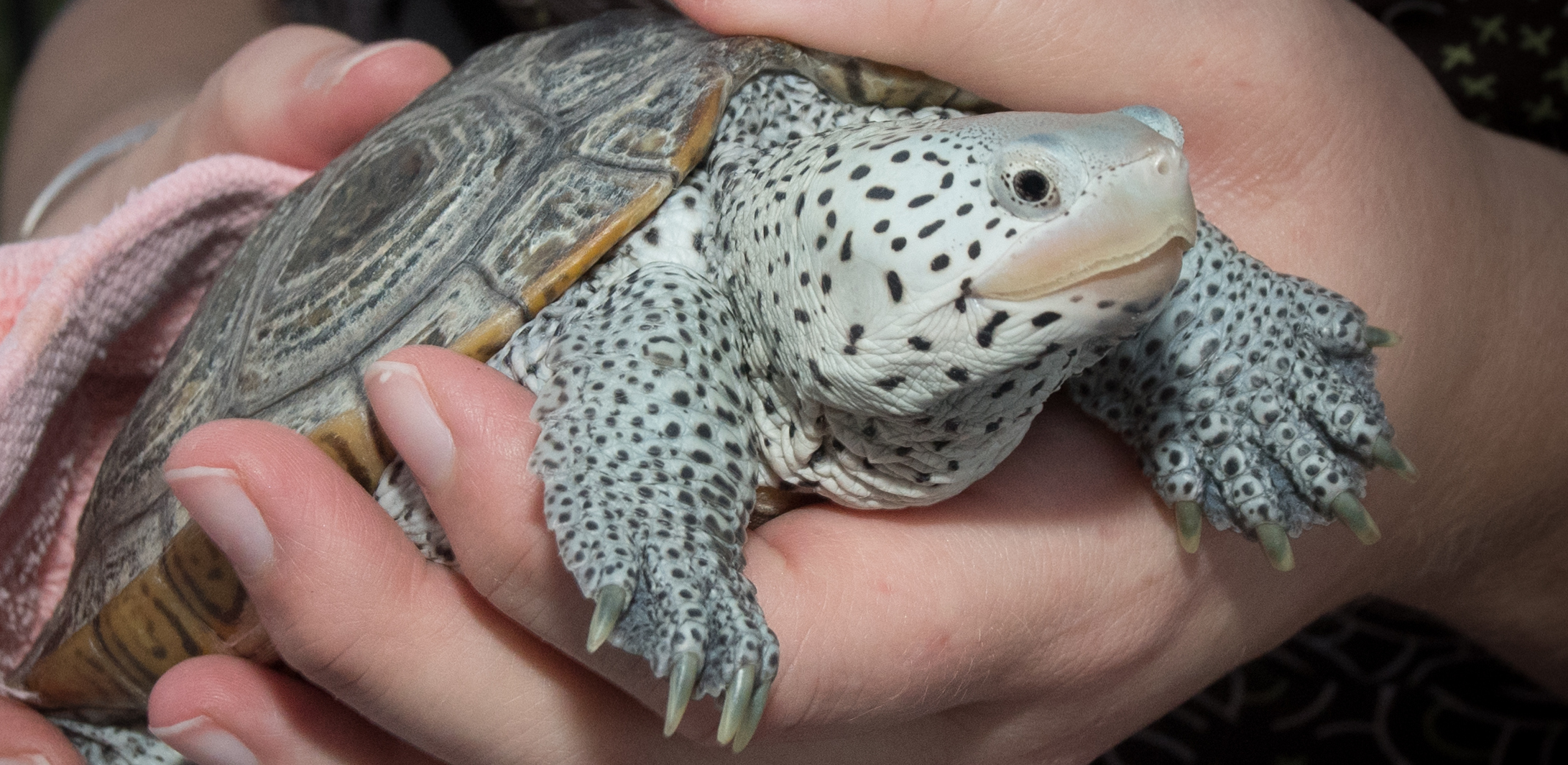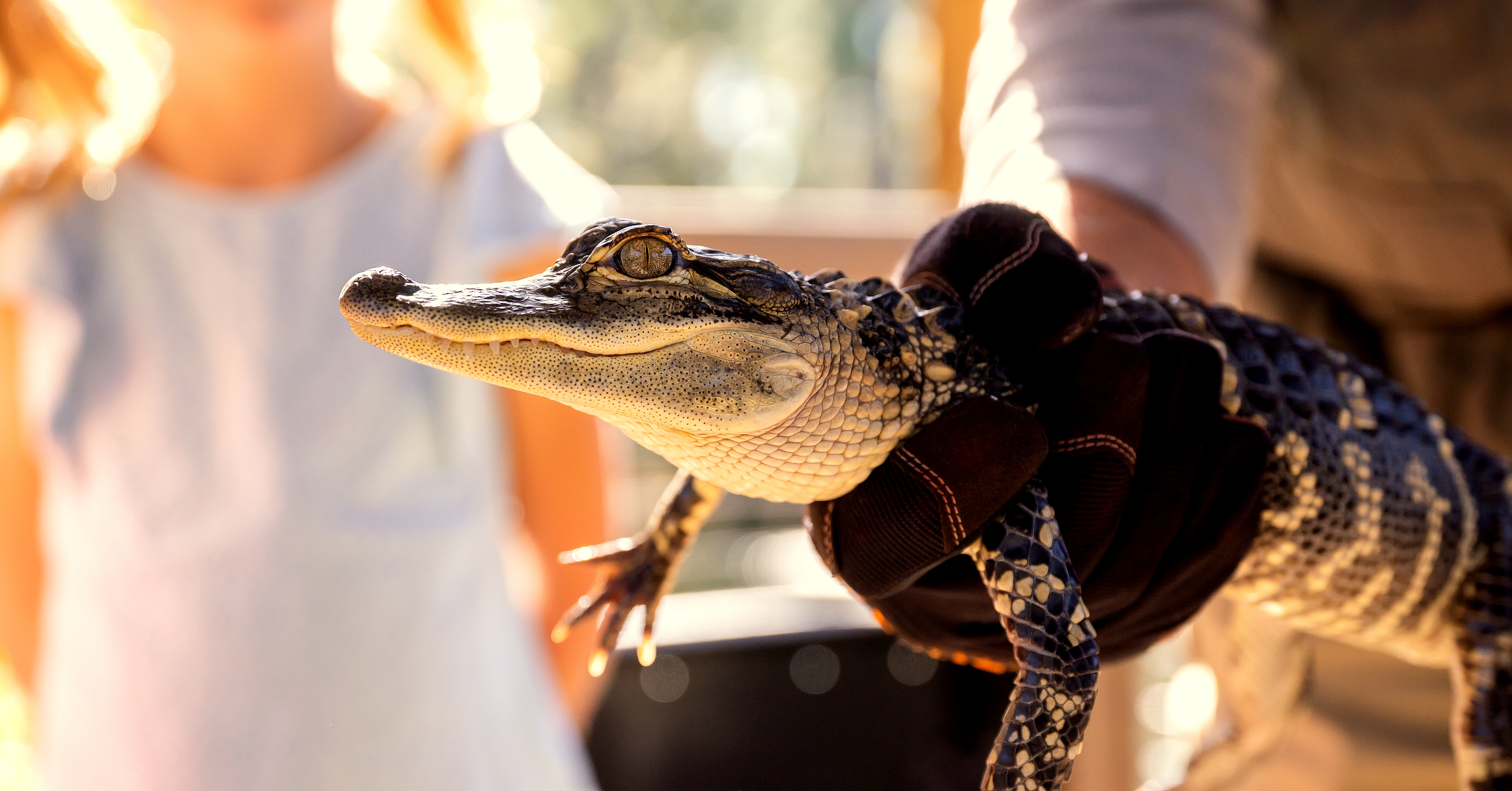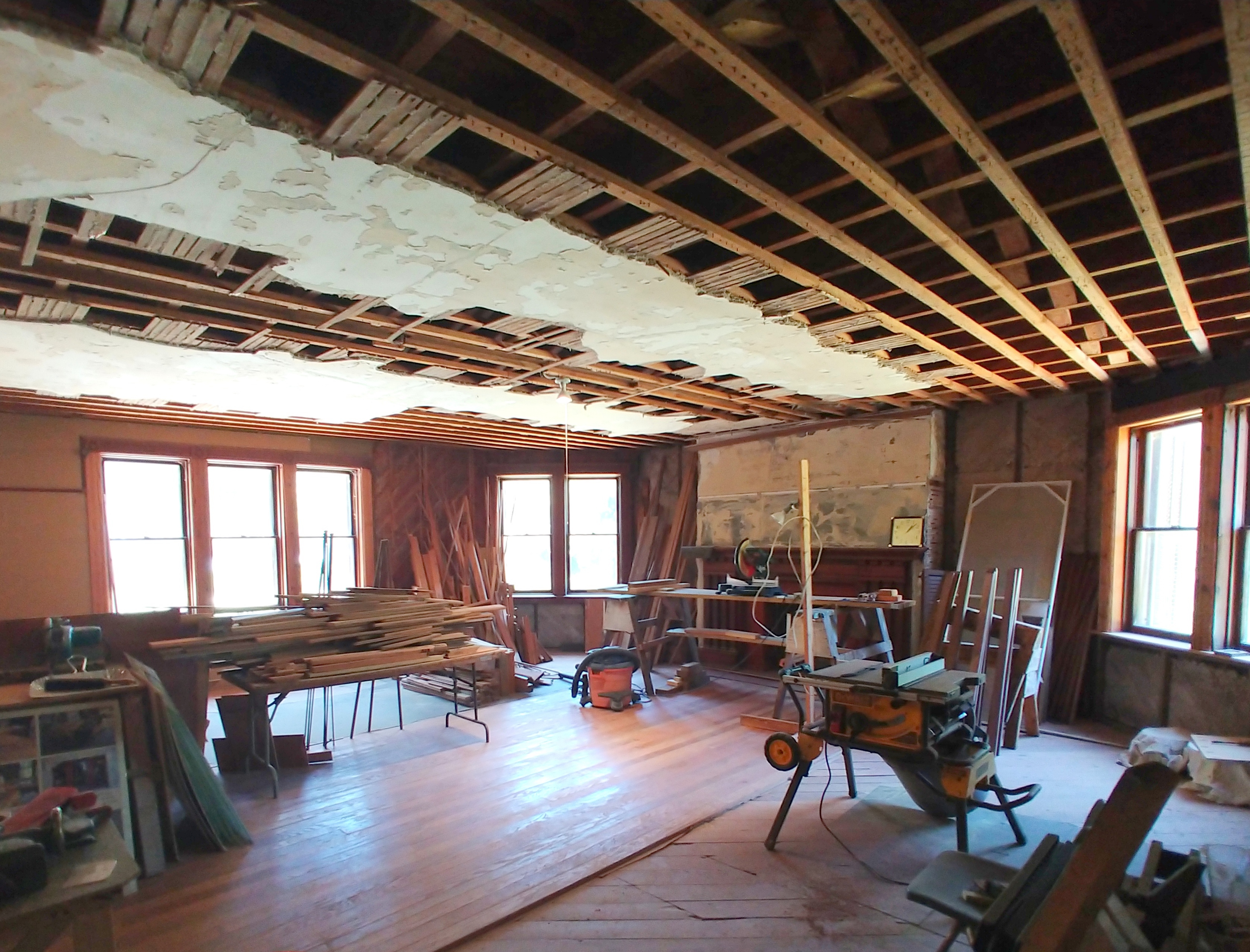By Dr. Tom Radzio, GSTC Research Ecologist
For many guests, the natural beauty and unique pace of Jekyll Island first starts to settle in when traveling across the miles of marsh that separate the island from the mainland. More than just a pathway for getting on and off the island, the drive allows one to relax and experience a vast, everchanging tidal landscape that supports a diversity of plant and animal species. If you happen to see a small turtle swimming in the water or sunning along a mudbank, chances are it’s a diamondback terrapin, the only North American turtle that exclusively inhabits coastal waters.
Terrapins are aquatic, but during late spring and early summer females emerge from the marsh to nest. To improve the odds that their nests are successful, female terrapins select elevated sites that are unlikely to flood. The causeway provides such locations, but, unfortunately, many females that attempt to nest there are hit by cars. In addition to being catastrophic for individuals, mortality of nesting females is of concern because persistence of terrapin populations relies on adult females living many years and laying many nests to offset high predation on early life stages.
Since 2007, the Georgia Sea Turtle Center (GSTC) has worked to quantify and mitigate terrapin road mortality. Throughout the nesting season (mid-May to mid-July) GSTC personnel regularly drive the causeway to census terrapins. Injured animals receive treatment at the GSTC Hospital, while unharmed individuals are uniquely marked and released away from the road. These marked terrapins are key to understanding what proportion of the nesting population succumbs to road mortality, information that can be used to assess whether the population will grow, remain stable, or decline.
Other efforts to mitigate terrapin road mortality include construction of predator-proof nest boxes, designed to reduce female movements across the causeway and increase the number of eggs that hatch. Additionally, eggs of deceased females are placed in incubators, and hatchlings are subsequently reared at the GSTC until they are large enough to avoid many predators on their own. Visitors to the GSTC can see these young terrapins in the Pavilion and learn more about their ecology and conservation at the Education Center. With your involvement, we hope to continue efforts to protect these special marsh inhabitants long into the future!
The 2020 Diamondback Terrapin (DBT) Road Season could not have been successful without support from the Jekyll Island Foundation and its donors. Please continue to support the DBT work by clicking HERE or text GIVEGSTC + $ amount to (844) 889-2692 and follow the prompts.
